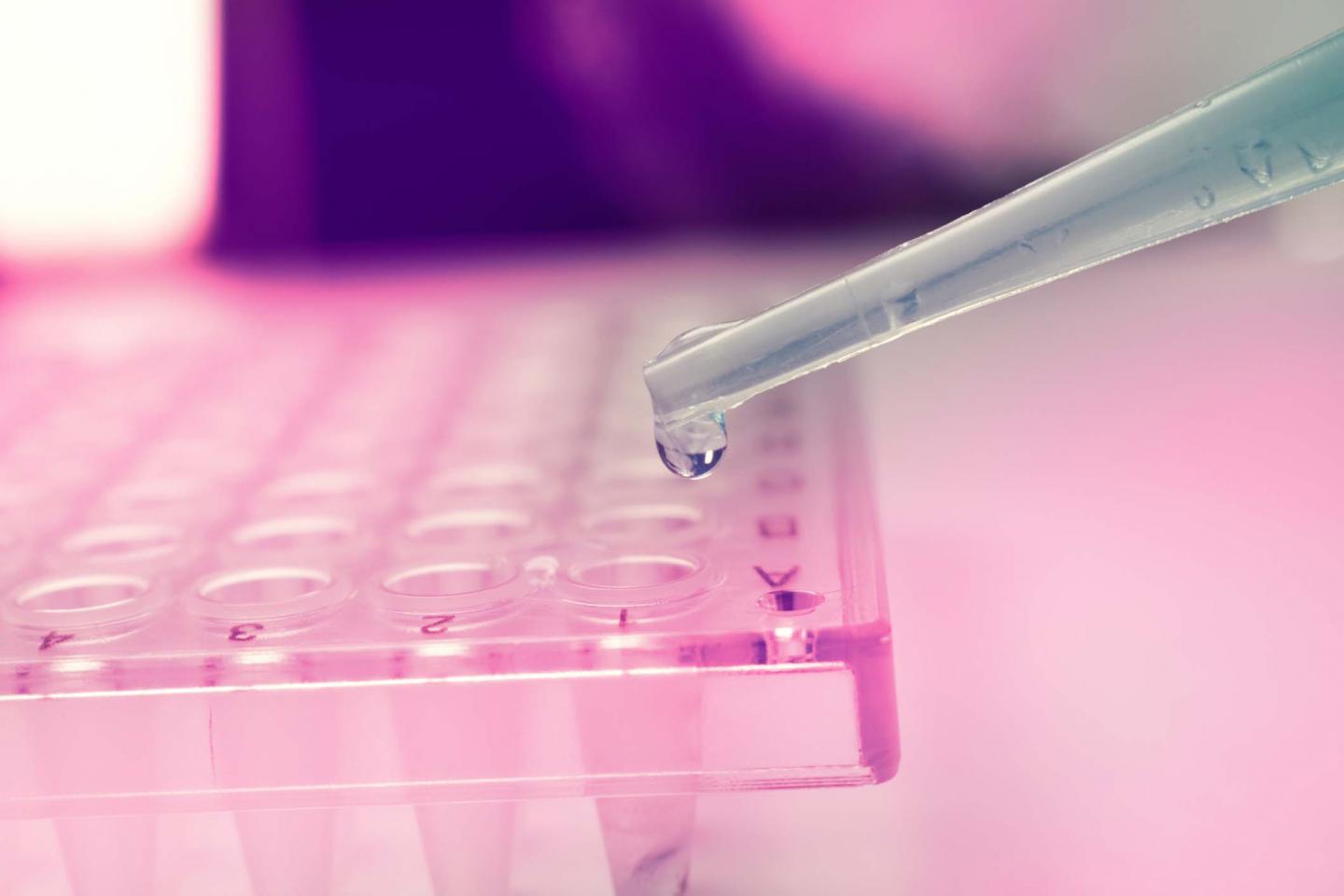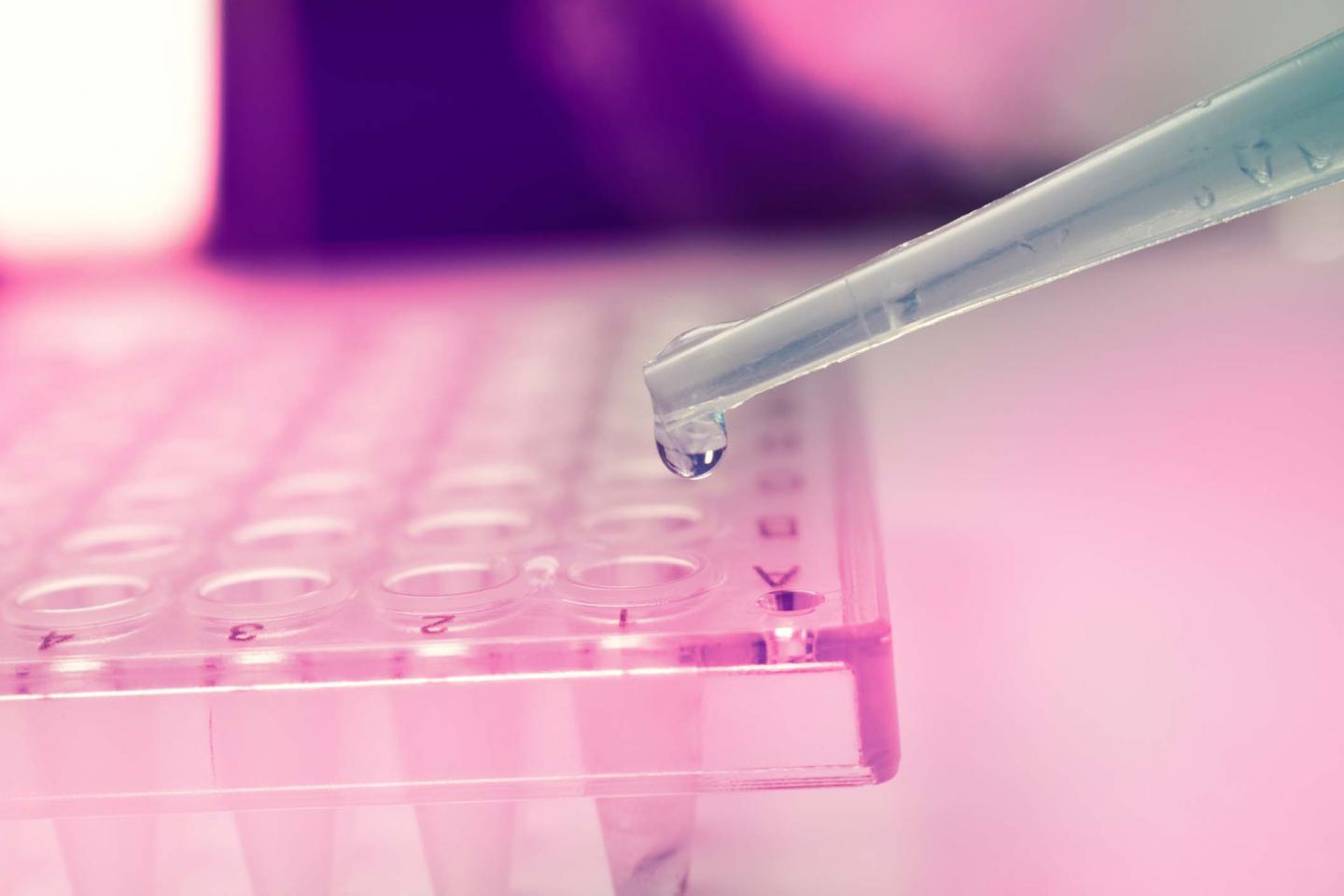
Credit: Lancaster University
In countries which already permit embryo research, there are no "compelling moral arguments" why the time limit for experimentation should not be doubled say ethics experts.
Currently, research on embryos is limited in many countries to a maximum period of 14 days after their fertilisation in the lab.
But ethicists Dr John Appleby of Lancaster University with Professor Dr Annelien Bredenoord of University Medical Center Utrecht believe the current limit is "no longer adequate for current scientific developments."
Dr Appleby and Professor Dr Bredenoord said: "The 14 day rule has been a very successful example of international science regulation, but it should not become a dogma in itself and it should be revisited when no longer fit to purpose."
Until recently, scientists have not been able to culture and sustain embryos in vitro as long as (or beyond) 14 days but this has now changed.
"There are both scientific and ethical reasons to extent the 14 day rule to for example 28 days. Extending the window for embryo research to 28 days would allow scientists to reveal a new in-depth chapter of knowledge about the developmental processes that take place in embryos."
This could help improve the safety of current IVF procedures and help doctors understand why miscarriages occur.
Another reason is the emergence of ground breaking stem cell research leading to the creation of "organoids", which are miniature models of human organs, as well as synthetic embryos.
Synthetic embryos are cultivated in the lab from human stem cells and though they are not yet able to develop fully, recent scientific advances suggest this may eventually become possible.
"Synthetic embryos could prove to be valuable for the sake of creating a limitless supply of research embryos, which of course poses ethical questions in itself, and also for the sake of enabling the creation of embryos for infertile persons who wish to have children without the need to use sperm or egg donors."
Extending the limit to 28 days would also enable more research into "organoids", which consist of stems cells in a 3D structure and can take the form of eye, brain, kidney or intestine.
"For example, they can be used in their own right to understand the physiology and development of organs, or they can be used as personalised and precise human models for drug testing."
Research into both embryos and organoids could even be combined.
"Not only could organoids act as a natural 3D support medium for the development and implantation of embryos, but organoids may also offer dynamic biological models to help researchers understand what makes pregnancies successful and what causes miscarriages."
Other benefits include furthering reproductive research on human egg and sperm cells derived in the lab from stem cells. These could potentially allow infertile and same sex couples to have genetically related children, created from their own stem cells.
Research into gene editing on embryos to treat genetic disease like Huntingdon's would also benefit from an extended period of research.
The researchers argue that embryos designated for research rather than potential pregnancy are already earmarked for destruction at 14 days and so have no potential to develop into human beings.
"It is also impossible for the embryo to experience sentience, pain or suffering within 28 days because it has no functional neural connections or sensory systems.
"Any consultation model for amending rules in reproductive science should involve discussion with the public and a multidisciplinary array of experts, promoting inclusivity and trust".
###
Media Contact
Gillian Whitworth
[email protected]
44-015-245-92612
http://www.lancs.ac.uk





